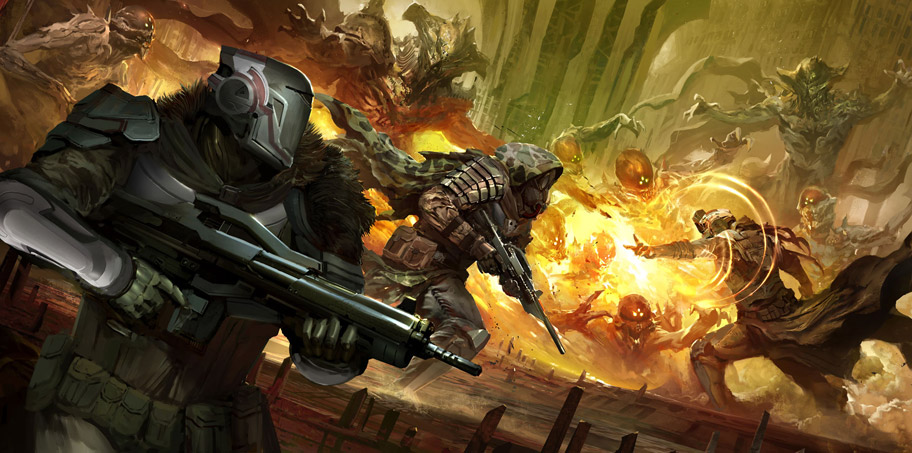
“After a bidding war with Sony, Warner Bros has won the rights to adapt Joe Haldeman’s Hugo- and Nebula-winning sci-fi novel The Forever War,” Tor.com revealed today. The script will be written by Jon Spaihts, writer of Ridley Scott’s much-maligned (but underrated) Prometheus. Tor.com also spilled the beans about the film’s lead: Channing Tatum, of Magic Mike, and Jupiter Ascending fame. He will play William Mandella, an Earth soldier who has to deal with a rapidly changing human society due to the time dilation necessary to travel through interstellar space.
The Forever War is one of my favourite novels, so I’m duly excited (and duly dubious) about this adaptation.
As Tor.com postulates, many questions remain surrounding the adaptation. Will it be set in modern times, or 1977 like the novel? How will the narrative handle the military narrative and political messaging from a modern perspective, versus Haldeman’s firsthand experiences during the Vietnam war. Are we still on the path to an exclusively homosexual human society? It’s a complicated novel, so hopefully the writer and directors are willing to engage with Haldeman’s book on more than a surface level.
I’ve recently been thinking of science fiction as literature of the moment, an examination of how we look at the world and all of the many changes that pass us by. Given the state of the world, military science fiction has long struck me as a way to make sense of the global impact of the ‘war on terror’ and other related actions across the world.
Rugged individualism and a sense the edge of the world is an opportunity, no matter who’s already there.
Predominantly, Military Science Fiction as a distinct subgenre comes out of works published in the 1950s by American science fiction authors, namely Robert Heinlein and Gordon R. Dickson, whose respective books Starship Troopers and Dorsai!, have spawned an entire industry of imitators. Steeped in the fears of the Cold War, these novels were written at a time when global annihilation appeared imminent, held back only by the raw power held by the United States Armed Forces and the inherent greatness of the American way. This lines up strongly with other trends one sees in American strains of Science Fiction: rugged individualism and a sense that the edge of the world is an opportunity, no matter who’s already there.
Science fiction tends to carry along its baggage for a long time. While there’s been an incredible evolution of outstanding stories, the genre’s frequently saddled with a pulp characterization; the incredible changes from the so-called Golden Age to the New Wave and beyond simply doesn’t register. Military SF, in many ways, has a similar history: it remains, in many people’s minds, a relic of the 1950s, when the Cold War raged between the politicians and armies of the US and USSR. In retrospect, it’s appears to be a simpler conflict than what we face today. Read More »


